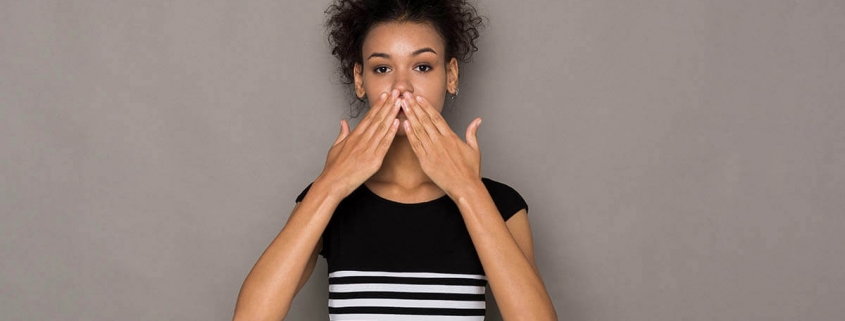Our lead dentist Cornelius Krause talks dental anxiety
At CK Dental, patients can benefit from the latest technology, combined with Cornelius’ calm and gentle approach and vast experience in treating dental phobic patients. Here Cornelius discusses how he deals with dental anxiety.
How do you approach dental phobia?
Cornelius: Every patient at CK Dental is treated as an individual and we try to find a solution to their dental anxiety that allows them to have what can often be very necessary dental treatment.
Many patients have very neglected teeth. The first step is obviously to eradicate any problems that could have serious implications for their health in the future.
Then you have to look into what they want to achieve going forward, which will be a balance between their health and any cosmetic concerns. Are they satisfied with something less invasive or do they want permanent solutions? If the latter, what fixed restorations are they happy to have? Also, their physical health and wellbeing are taken into account.
All of this is discussed in the planning stage. Careful pre-planning also means you can ensure their time in the chair is as minimal as possible.
How often is General Anaesthetic Dentistry appropriate for dental phobic patients?
Cornelius: Every patient that comes to us with a dental phobia is assessed as an individual. We always try to establish whether they are able to undergo Dental Treatment Under Sedation as opposed to General Anaesthetic Dentistry as most patients don’t realise that the form of sedation we use at CK Dental is typically not the same as what they’ve been offered before at other clinics.
What makes CK Dental’s sedation treatment different?
Cornelius: We see many patients that say that sedation has never worked for them before, but that is because most dental practices will only be offering oral sedation in the form of Diazepam, also known as Valium, whereas our Dental Treatment Under Sedation is actually conscious sedation. It is delivered by our Consultant Anaesthetist and it is calibrated exactly to the patient. They are still awake and breathing normally, but deeply sedated, so the experience is very different.
How is technology used to help dental phobic patients?
Cornelius: We have just introduced the new iTero intraoral scanner in the clinic, an important tool in alleviating dental anxiety. The scanner is a replacement for manually taking dental impressions which many patients are uncomfortable with. It is super precise which aids in the planning process – we can even print 3D models for patients – so it cuts down on the length of time the patient has to be in the chair.
Good communication is key in treating patients with dental anxiety and the scanner means we can look at images on the big screen to discuss their treatment in detail. It can also help to track their treatment or compare wear and tear over time. Patients are then empowered to make informed decisions about their treatment.
Do you treat children that are scared of the dentist?
Cornelius: We do not treat any under 18s as that’s always done in an NHS dental hospital. Children are more prone to adverse reactions to sedation, so their procedures are performed under general anaesthetic.
Does CK Dental’s hospital setting give patients confidence?
Cornelius: For some patients, our location in the Nuffield Health Bristol Hospital definitely helps. We have never had an issue, but there is an emergency button located in the clinic and there is always an on-call doctor and crash team on hand in the hospital.
Is it possible to cure dental phobia?
Cornelius: Some patients have very deep-rooted phobias that they are never fully able to eradicate, but many of our patients are able, after undergoing successful and pain-free dental treatment, to get over that fear and adopt an oral healthcare routine, that includes regular check-ups and treatments.
Call us on 0117 905 9866 to discuss our treatment options for dealing with dental anxiety.











